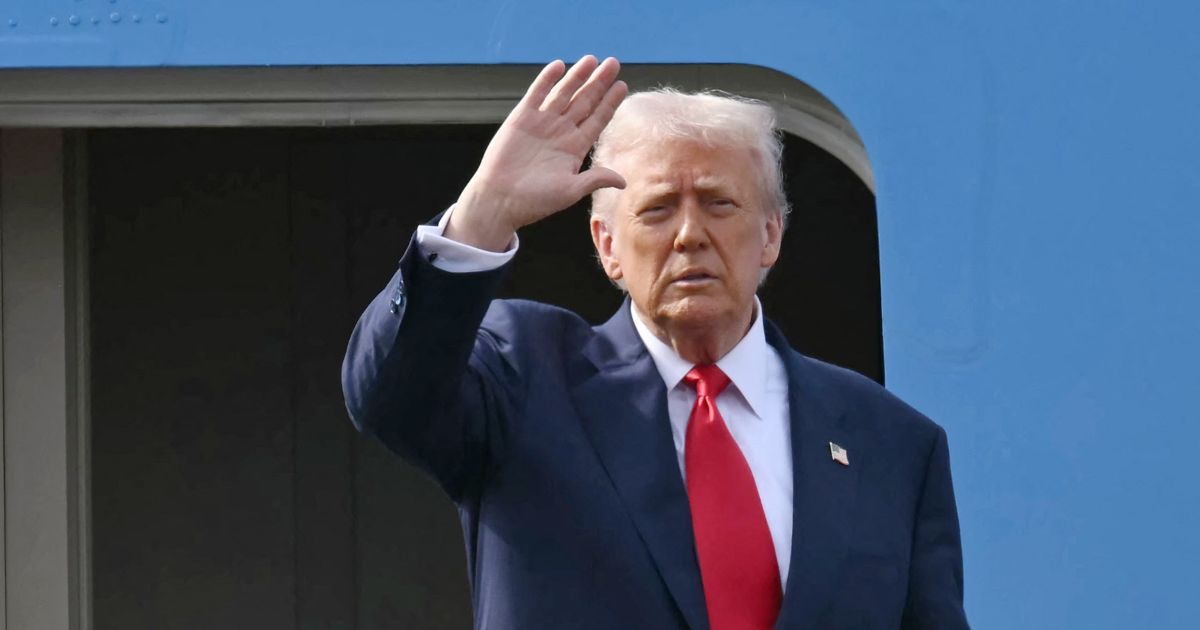
Trump Calls for Ending the Filibuster to Address Government Shutdown
President Donald Trump has recently urged Congress to eliminate the filibuster, a procedural tool that requires 60 votes to end a legislative debate. However, this call has faced resistance from within his own party, as some Republican senators argue that doing away with the filibuster would be unwise and potentially damaging to the balance of power in the Senate.
During a recent trip to Asia, Trump took to his social media platform, Truth Social, to express his thoughts on the ongoing government shutdown. He questioned how the Democrats were able to shut down the U.S. government and why Republicans allowed it to happen. “The fact is, in flying back, I thought a great deal about that question, WHY?” he wrote.
Trump suggested that Republicans should take advantage of what he called the "Nuclear Option" — a strategy that involves eliminating the filibuster to pass legislation without needing a supermajority. He argued that if the Democrats regain power in the future, they would use their majority to quickly enact policies that could undermine Republican interests. “If the Democrats ever came back into power, which would be made easier for them if the Republicans are not using the Great Strength and Policies made available to us by ending the Filibuster, the Democrats will exercise their rights, and it will be done in the first day they take office,” he said.
Trump referenced past efforts by former President Barack Obama and former Senate Majority Leader Harry Reid, who had also attempted to use the filibuster as a tool to advance their agendas. He claimed that these moves were meant to take advantage of the Republicans’ position in the Senate.
Despite Trump’s push, Senate Majority Leader John Thune has remained firm in his support of the filibuster. A spokesperson for Thune stated that the leader’s stance on the importance of the legislative tool has not changed. Similarly, North Carolina Senator Thom Tillis has also expressed his opposition to ending the filibuster, emphasizing that Republicans have consistently taken this position.
The current government shutdown is the second longest in U.S. history, and it highlights the challenges of reaching a compromise between the two major political parties. The filibuster is currently being used by Democrats to block a continuing resolution that would reopen the government, requiring 60 votes to pass. This has led to prolonged uncertainty and potential economic consequences.
Trump has been vocal in his desire for a swift resolution, criticizing Democrats for holding out and refusing to provide the necessary votes. However, many Republicans believe that the filibuster serves an important role in protecting minority voices in the Senate. They argue that it ensures that major policy changes require broad bipartisan support, preventing one party from making sweeping decisions without sufficient consensus.
In American politics, the balance of power can shift rapidly. What is true today may not be the case tomorrow, and the ability to protect minority interests is essential for maintaining a stable and functional legislative process. While Trump sees the elimination of the filibuster as a way to gain more control, others see it as a risk that could lead to long-term instability.
Ultimately, the decision to keep or remove the filibuster will have significant implications for the future of governance in the United States. As the government shutdown continues, the pressure on both parties to find a solution grows, but the question remains: will the focus be on finding common ground, or on pursuing short-term political gains?

Post a Comment